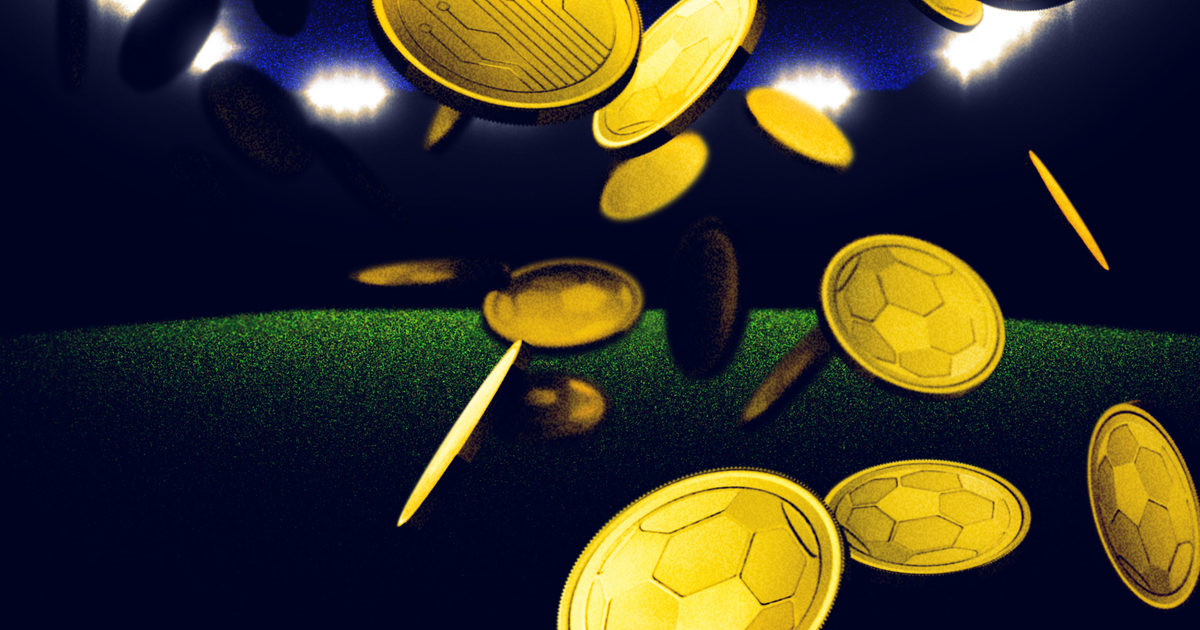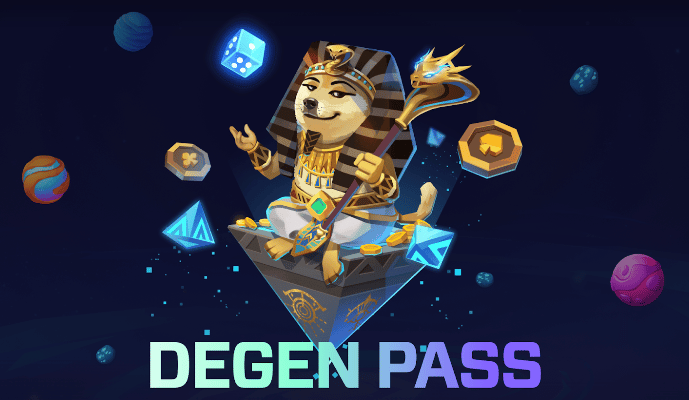Yep, not even the beautiful game can escape the non-fungible frenzy.
Words: Rhys Thomas
11th July 2022
You surely know what crypto and NFTs are by now. If not, look here. Either way, have you noticed that suddenly more and more football teams are associated with crypto? It’s everywhere. Along with bookies, breweries, finance companies and airlines, crypto sponsorship is increasingly dominating those signs around the football pitch (perimeter boards, if you want their proper name).
What you might not know is that many football teams have entered the crypto world in their own right too. According to iNews, CEO of Capital Block Tim Mangnall, said that “all 20 clubs in the Premier League are exploring the possibility of launching NFTs”. This is likely going to be through a series of NFT drops. Scratching your head? Here’s everything you need to know.
Same as a sneaker drop, really. Loads of purchasable NFTs go on sale at a certain time, people can cop and then it’s theirs to look at it and show their mates or whatever. They’ll also be able to sell it if they want to. At the moment, NFT drops are usually done via a “white list”, which is sort of like a presale-style arrangement that you have to get access to. Doing this creates a bit of hype, but also allows dedicated fans to get in early. The actual NFTs will usually get dropped in a marketplace.
Man City had released two by September last year. The first lot were “to mark another Premier League title”, the second was called Creation. Liverpool similarly released a NFT scheme in March 2022, where you could get cartoon-style artworks of the team and coach. Leeds then dropped a NFT collection to raise money for Ukraine, following the conflict. Even John Terry’s at it: the former Chelsea captain launched “Ape Kids Football Club”.
Premier League teams aren’t the only ones getting in on the action. Paris Saint-Germain have their own fan token $PSG. At the time of writing, it’s worth £5.19, has a market capital (total value) of £16.1 million, and is the 597th most popular crypto coin, according to coinmarketcap.
This depends on what the developer of the token wants it to do. Uses can range from, er, very little to giving fans a voting mechanism for certain discussions, such as choosing a goal celebration song in a football stadium, or a new player statue, or a stadium name.
Not really. Like most crypto, the hype isn’t as hot as it was last year. If you want a more thorough guide to the footie-crypto world’s winners and (mostly) losers, The Athletic has a comprehensive breakdown of each club’s involvement with crypto, detailing all the losses. Whether new NFT drops manage to do better or not, we shall see.
There’s so much money around in football that it’s pretty low risk as far as the club is concerned. But there’s definitely questions as to whether or not it is responsible from the perspective of advertising crypto to fans.
Cynically, you could call crypto gambling – at best, it’s a risky investment. Worse still for fans (but better for those who want the sponsorships to happen), crypto is good at hiding its risk for the most part, or at least relies on the optimism of cycles to make it sound like a good investment (bull markets offer hope, you can buy the dip). Plus, it’s a relatively simple swap for gambling at a time when it’s being phased out.
In sponsors, if not crypto profits. For example, Chelsea’s shirt deal with WhaleFin brings in £20 million a year. In America, Crypto.com bought the naming rights for iconic LA stadium, the Staples Center (home to the Lakers, Dodgers and more) for £581 million. That’s just over half of what Tottenham Hotspur have spent on their new stadium. The downside? Now it’s called Crypto.com Arena.
A rundown of things to read, watch and listen to each week. 0% Spam. 100% The Face.


